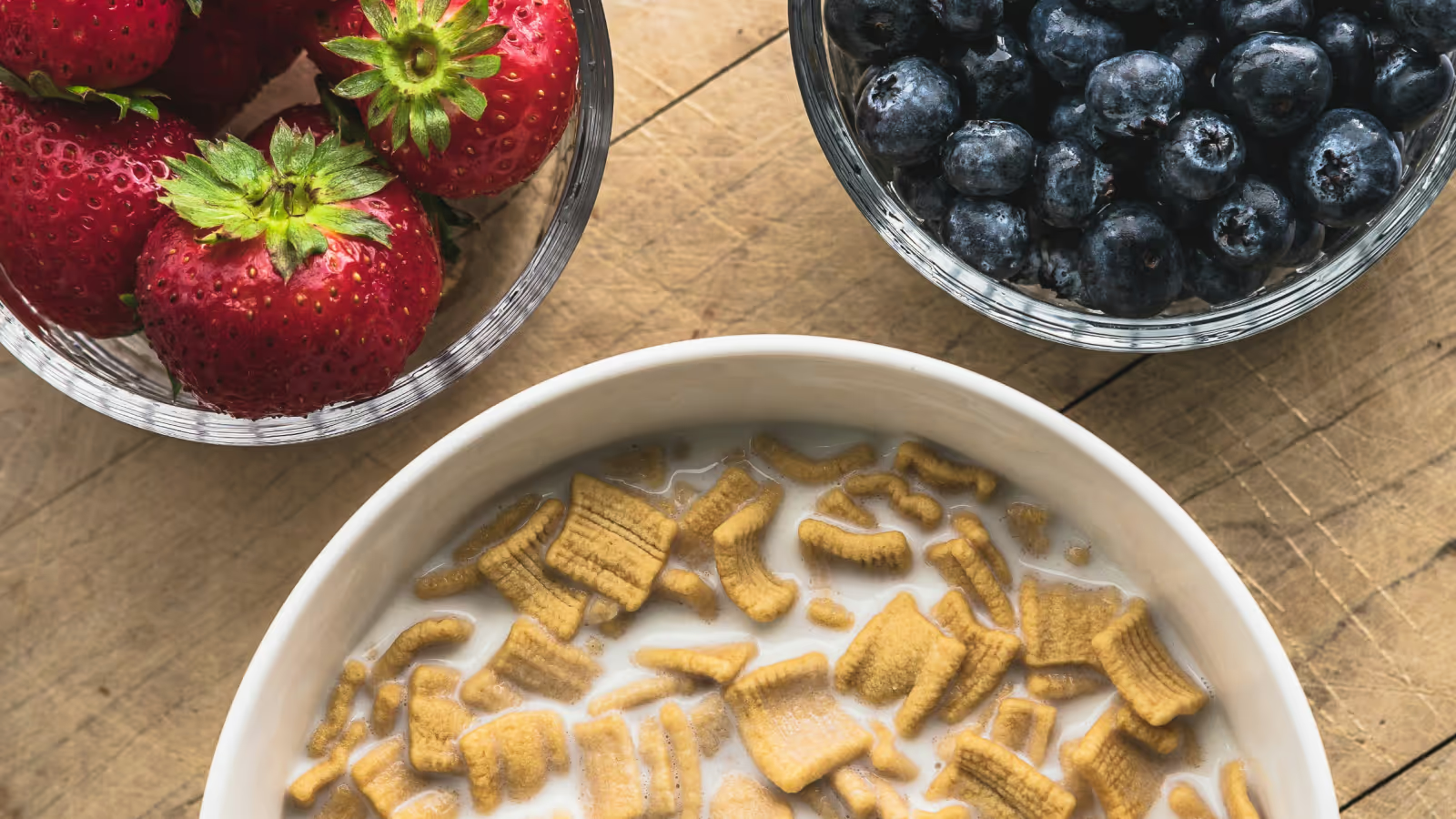Major UK food brands are turning to nature-based farming to cut emissions, boost resilience, and stay ahead of climate targets.
Lloyds Banking Group maps nature risk to guide sustainable finance decisions.
Read the report

Major UK food brands are turning to nature-based farming to cut emissions, boost resilience, and stay ahead of climate targets.
Major UK food brands are turning to nature-based farming to cut emissions, boost resilience, and stay ahead of climate targets.
As companies ramp up action to meet Net Zero targets, many are turning to nature as a key lever for reducing emissions and building supply chain resilience. In food and agriculture, this often means tackling emissions at the farm level, where biodiversity loss, soil degradation and unsustainable practices can quietly erode both environmental and financial performance. For brands like Weetabix, Innocent Drinks and Marks & Spencer, biodiversity has become central to achieving climate goals, managing supply chain risk, and driving innovation. Let’s take a closer look.
Weetabix recently reported a 50% cut in wheat-related farm emissions thanks to its Lower Carbon Wheat Project, a three-year trial with six farms in its Growers Group. Working within 50 miles of its mills, these farmers reduced synthetic nitrogen use by 20% by switching to alternatives such as molasses-based fertilisers and cover crops, without impacting yield. Wheat accounts for 37% of Weetabix’s carbon footprint, so reducing its embedded emissions has outsized impact. Just as critically, the project supports soil health and reduces pollution, aligning with the UK’s Sustainable Farming Incentive. With plans to scale the initiative, Weetabix is showing that farmer-led, nature-positive methods can deliver results.
Innocent’s £1 million Farmer Innovation Fund is supporting nine regenerative agriculture projects across its global supply chain. These range from microbiome-supportive growing practices in Poland to no-till cultivation of chicory in Belgium. Other projects include flower meadow planting for pollinator support, biostimulants for blackcurrant crops, and rainwater harvesting in Costa Rican pineapple farms. The goal is multi-metric impact: healthier soils, richer biodiversity, more efficient water use, and lower emissions. With many projects now in their second year, Innocent is investing not just in environmental outcomes but in supply chain resilience, empowering growers to withstand climate shocks and meet future standards.
M&S is also stepping up its focus on agriculture, allocating £1 million to innovation that tackles Scope 3 emissions and supports nature-positive food production. Through its Plan A Accelerator Fund, the retailer is backing AI-powered pollination trials on berry farms to enhance yield and biodiversity simultaneously. Other projects include exploring methane-reducing cattle feed, breeding lower-emission livestock, and scaling low-carbon wheat farming. With 94% of its footprint tied to Scope 3, including farming and food processing, M&S sees innovation as a pathway not only to decarbonisation but to sustainable sourcing leadership.
Together, these brands are demonstrating that protecting biodiversity is not just about environmental stewardship — it’s a strategic lever for delivering Net Zero targets and reducing Scope 3 emissions. Whether by reducing input dependency, protecting yield stability, or anticipating future regulation, investing in nature-forward farming is fast becoming a commercial imperative. What ties these projects together is their use of measurable, multi-metric assessment tracking not just carbon, but soil, water, and biodiversity outcomes.
At Earth Blox, we help organisations embed this insight into procurement, risk management, and reporting, so they can meet their climate commitments and build a more resilient supply chain. Read our latest case study and learn how Earth Blox helped a global agribusiness assess biodiversity risks across thousands of farm sites — unlocking strategic insights and aligning with TNFD.